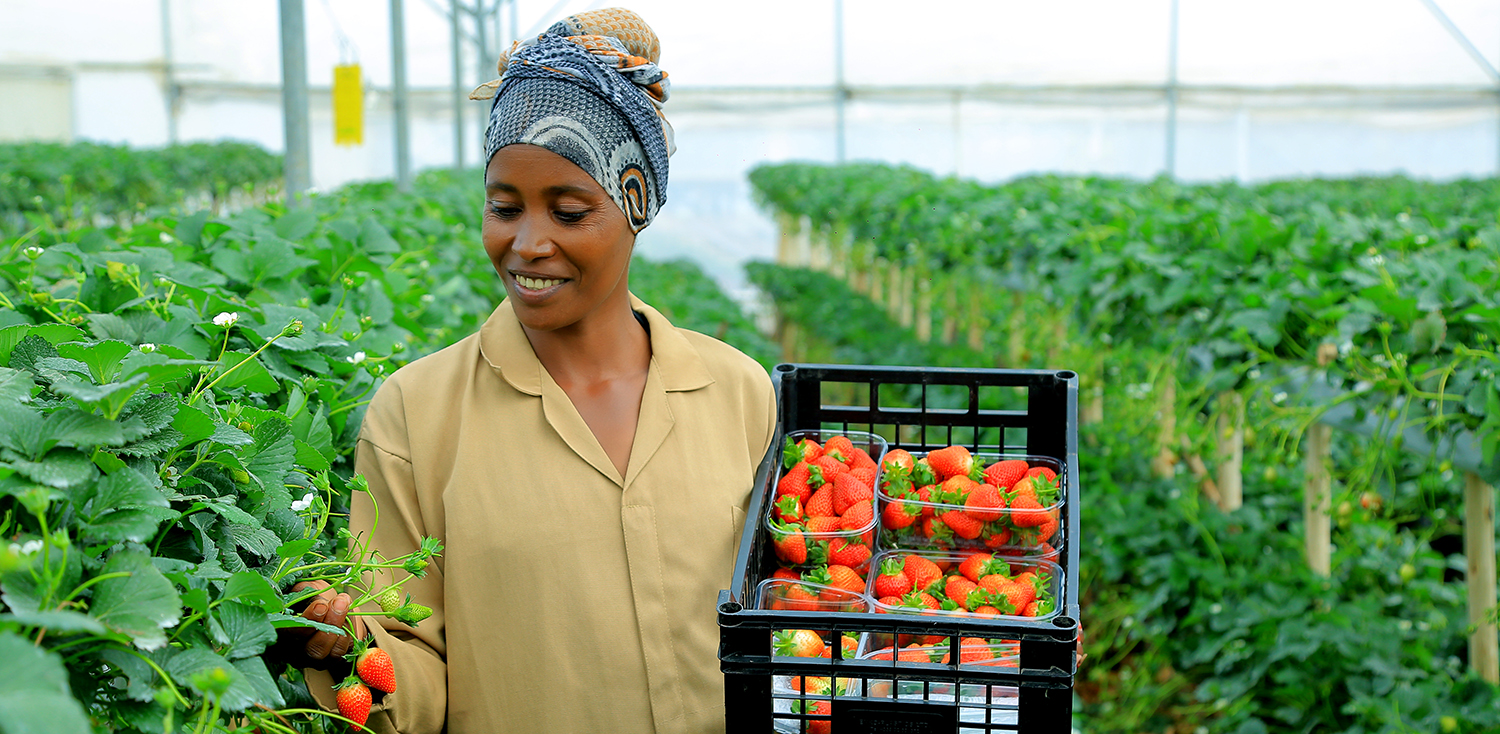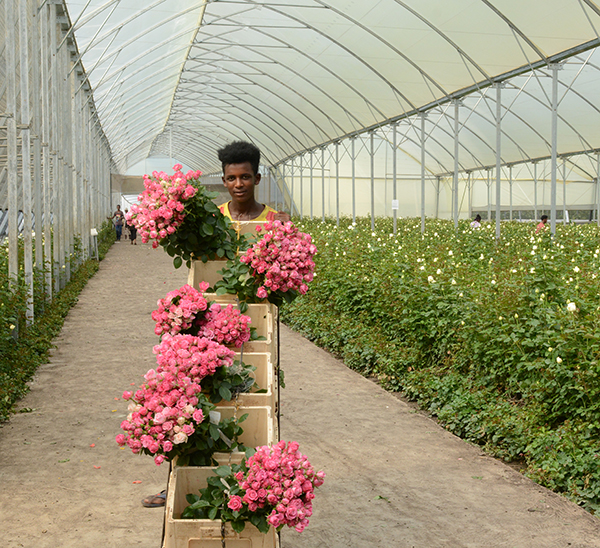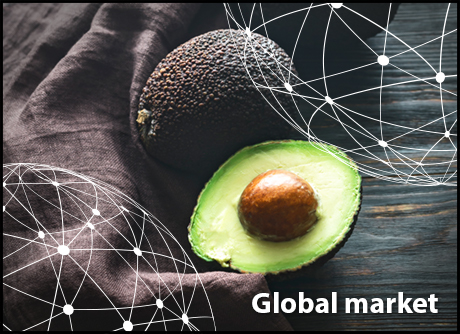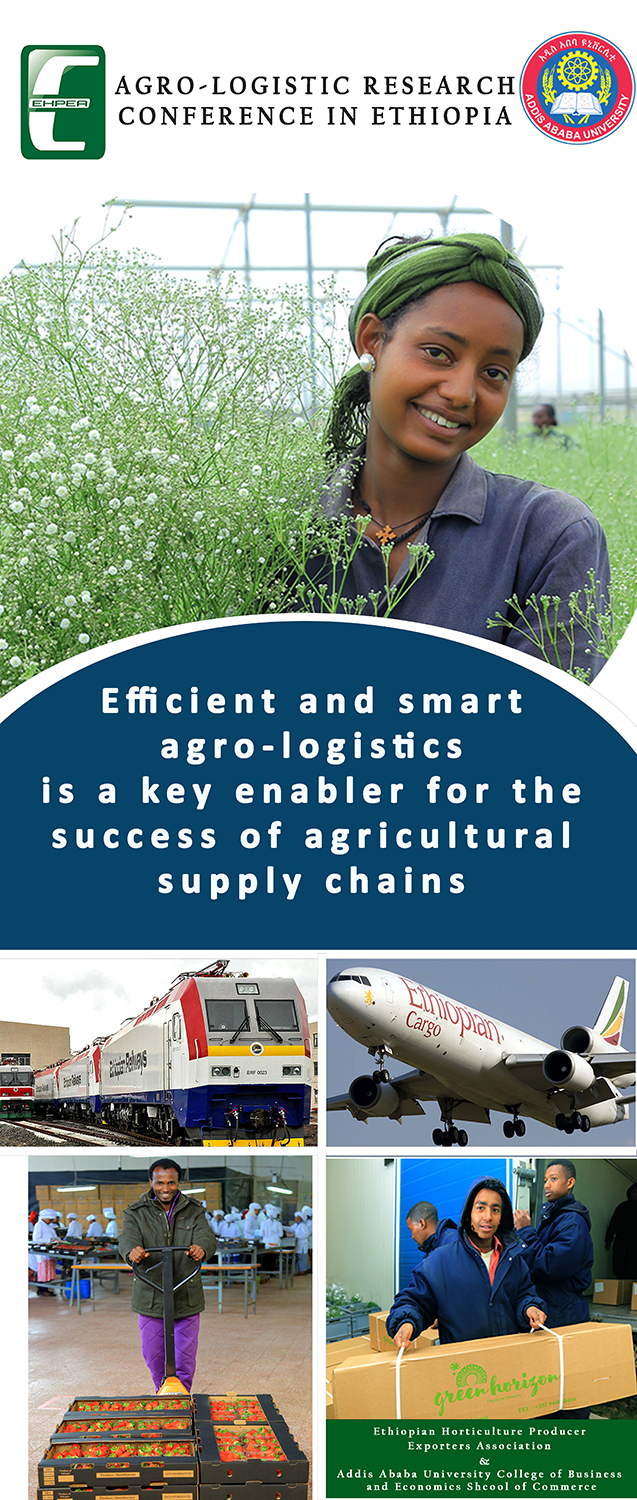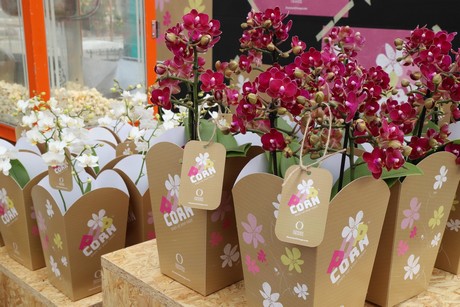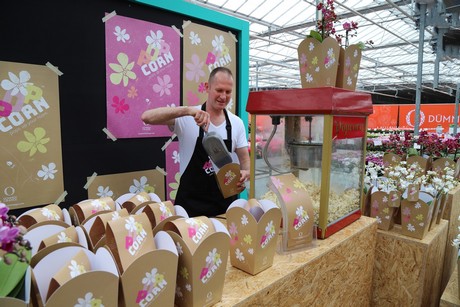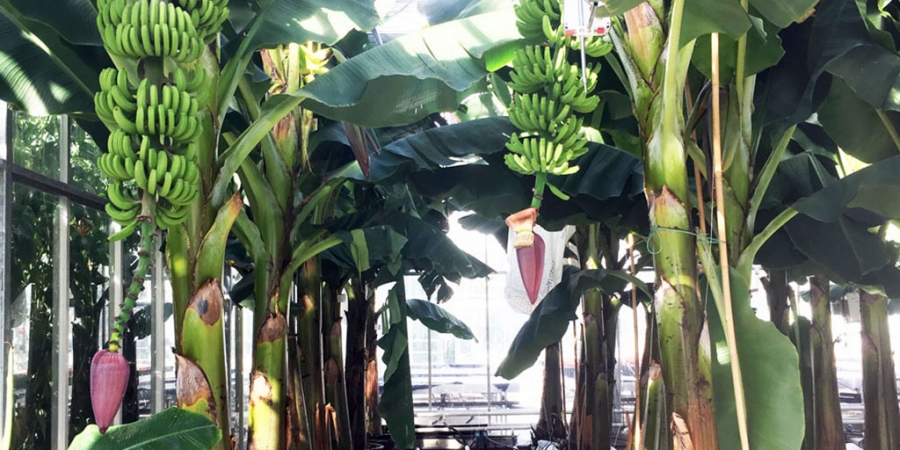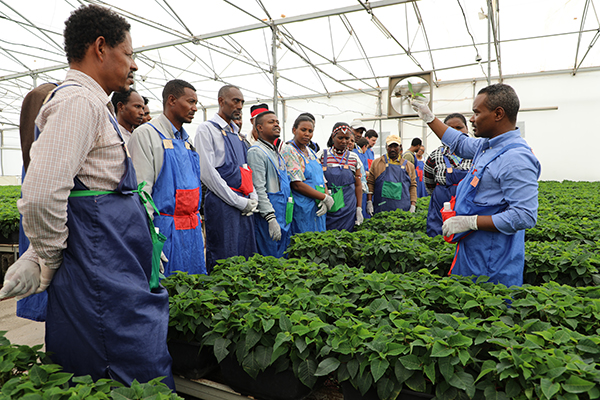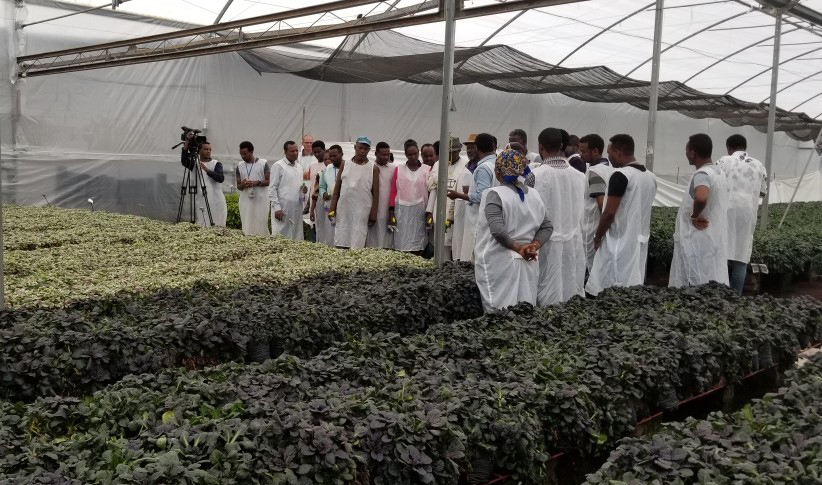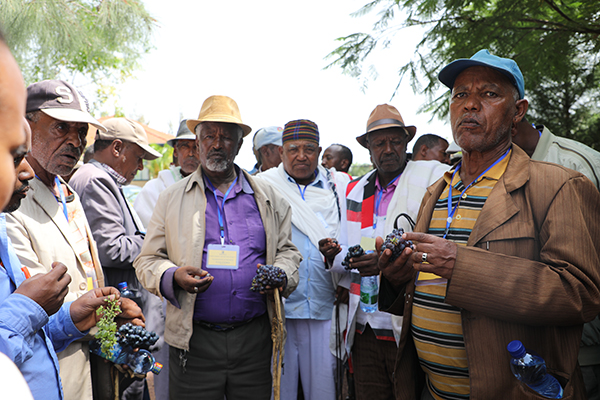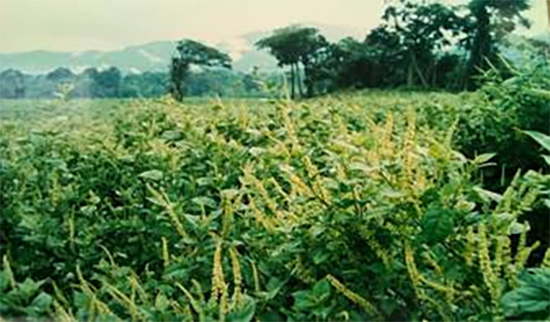Ethiopia has earned 230 million USD from export of horticulture products in only ten months of the current fiscal year, the Ethiopian Investment Commission said.
Flower took the leading share by generating 188.5 million USD followed by vegetables and fruits which bagged 41.24 million USD.The income has shown 14% growth as compared to the same period last year.
Netherlands, Germany, Saudi Arabia, Norway, Belgium, UAE, France, Japan, U.S. and Djibouti were the main destinations of the products.
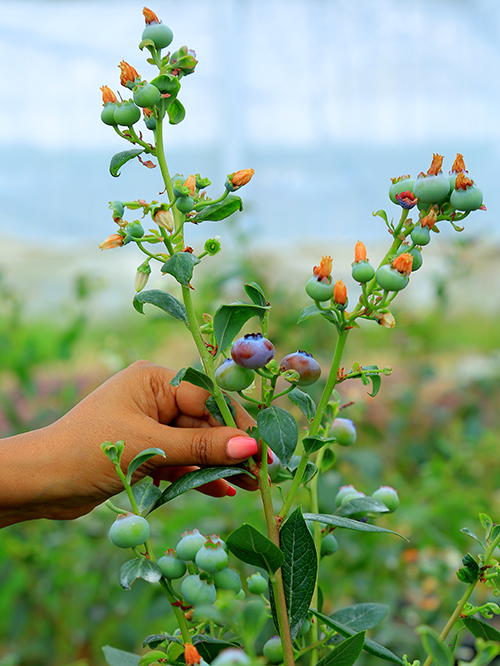
More than 130 companies are being engaged in the production and export business of horticultural products, the commission noted.
The budding industry has also created job opportunities for thousands of youth in different corners of the country.
Ethiopia has a great potential to expand the industry to more areas with its favourable climate and hospitable weather and people. It also has encouraging investment policies and packages that are attracting investors from many areas of the globe.
With its consecutive economic leap since the last couple of decades, Ethiopia is becoming the preferred destination in Africa for investors interested both in horticulture and other sectors.
